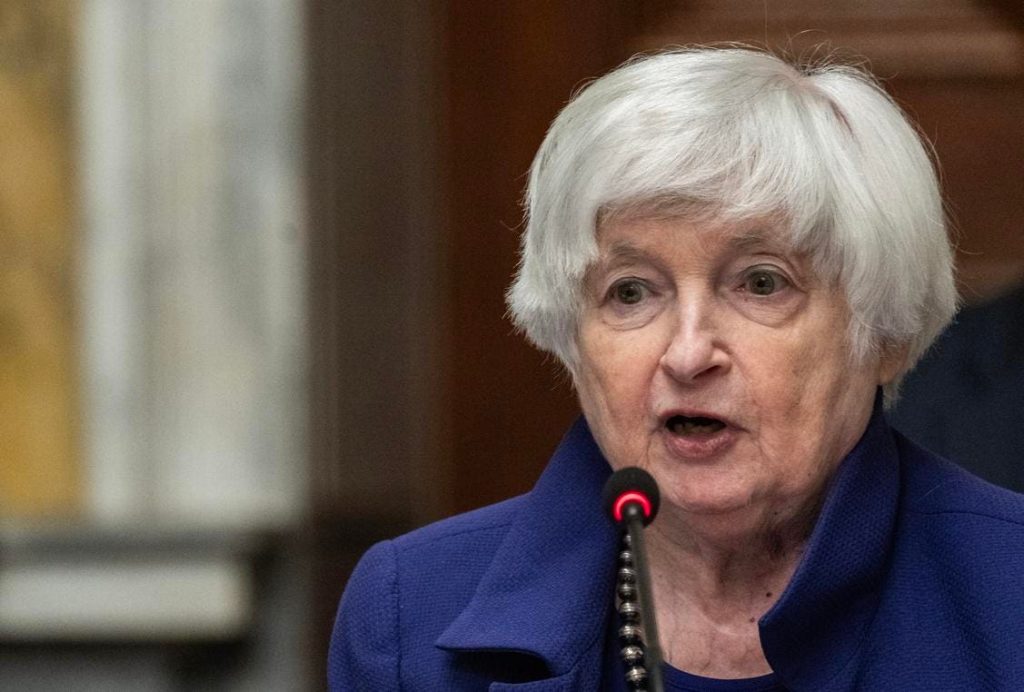The G20 is proposing a global tax on the ultra-rich, specifically billionaires, to address economic inequality and raise funds to fight poverty. The tax, supported by countries like Brazil, Germany, South Africa, and Spain, would require billionaires to pay a 2% tax on their wealth annually. The G20 argues that taxing global wealth, rather than income, would prevent the wealthy from evading taxes by moving to other countries with more favorable tax laws. The tax is estimated to raise $250 billion from the world’s 3,000 billionaires, most of whom reside in the U.S., China, and India.
The idea of a global tax is not new, as the OECD has previously proposed solutions to streamline various tax issues, including Pillars 1 and 2 focusing on taxation rights allocation and base erosion and profit shifting. However, the proposal is facing opposition from the U.S., with Treasury Secretary Janet Yellen stating that a common global arrangement to tax billionaires is not something the U.S. can support. Despite this, support for the tax is coming from other quarters, including Nobel Prize-winning economist Esther Duflo and Brazil’s Minister of Finance Fernando Haddad.
In the U.S., reaction to the proposal has been relatively quiet, but the Patriotic Millionaires, a group of high-net-worth individuals advocating for fair taxation, are urging Secretary Yellen to reconsider her stance. They argue that the tax would not result in global redistribution of wealth, but rather give individual governments the power to determine how the taxes collected within their borders are spent. The group believes that the tax is in line with President Biden’s goal of ensuring the ultra-wealthy pay their fair share.
As the conversation around the global billionaire tax, informally referred to as Pillar 3, gains momentum, it will be interesting to see how opinions evolve leading up to the next G20 Summit in Rio de Janeiro in November 2024. With the G20 representing a significant portion of the world’s economic output, the discussion on implementing a tax on the ultra-rich is likely to continue and could have far-reaching implications for global economic policy and addressing income inequality.


